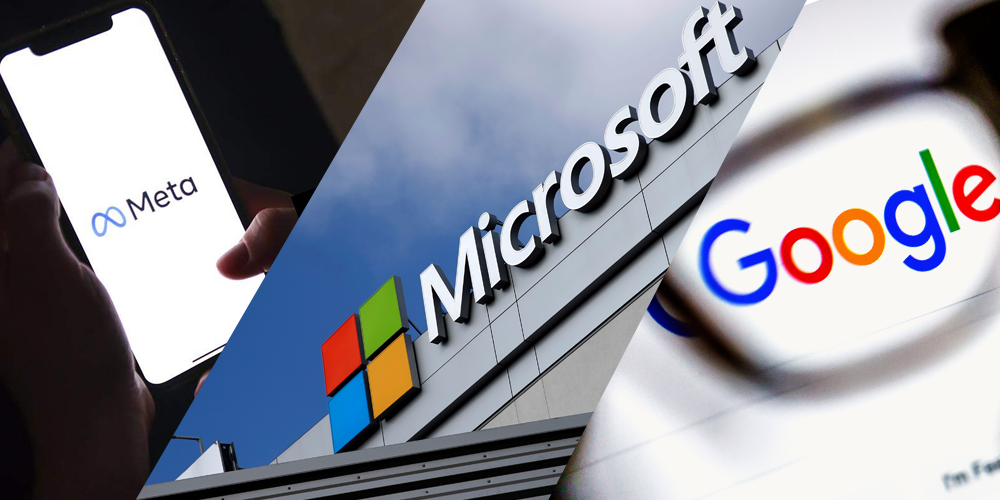Featured Posts

Last week, people saw the 7% spike in the S&P 500 and called it a relief rally. Markets breathed. Volatility cooled off for a moment. But what actually happened wasn’t just a response to Trump’s sudden 90-day tariff pause. It was a pressure release after days

Let’s talk markets. Specifically, let’s talk about what just went down (literally) in the Nasdaq this week. If you’ve been paying attention—or maybe even if you haven’t—it’s gotten pretty ugly pretty fast. I even tweeted something about it: Markets take the stairs up

The drop happened fast! If you blinked sometime in February, you might’ve missed that we were at new all-time highs. Now? We're in full correction territory. Just yesterday, the S&P 500 fell more 2%, and now close to 10% in less than a month. Not

Did you know that 56% of Wisconsin’s agricultural exports could be impacted by tariffs from Canada, Mexico, and China? Wisconsin now represents the 11th largest exporter of agricultural products in the U.S., up from 13th in 2023 (WI DATCP). In 2024, Wisconsin’s agricultural exports reached $3.97

You ever feel like you're stuck in a loop, working hard just to keep up? That's kind of what's happening with Big Tech's spending these days. Let's talk about the ticking time bomb that is their capital expenditures
Companies like Microsoft, Google, and Meta are dramatically ramping up their CapEx to invest in AI. In 2024 alone, their combined spending is going to grow by 70%!
That's like me deciding to triple my coffee budget because I think I can power through all my work without sleep.
While this spending sounds ambitious, it can be risky. Today's investments will increase future depreciation expenses, which means the cost of these investments will be spread over several years, gradually impacting the income statement.
The Scale of CapEx Growth
In 2023, CapEx for these tech giants was already substantial, making up about 13% of sales. By 2024, this is expected to rise to 20%.
Let’s break it down 👇
- Microsoft: $15b in depreciation, $40b in CapEx → guided to $60b+ this year
- Google: $13b in depreciation, $38b in CapEx → guided to $50b this year
- Meta: $12b in depreciation, $27b in CapEx → guided to $35-40b this year

The Effects of Depreciation
Here’s where it gets tricky: these massive investments don’t hit the income statement right away. Instead, they spread out over several years as depreciation. This means the massive CapEx today will eat at FCF today in hopes of higher returns later on.
The Risks of High CapEx
While investing in the future is generally a good thing, it’s not without its risks:
- Eating Free Cash Flow: Rising depreciation expenses will eat our FCF. The future increase in depreciation will reduce the amount of actual cash companies have on hand, affecting their financial flexibility.
- We Need Good ROI: These massive investments need high returns to be justified. If returns don’t meet expectations, we could have the next big bubble, maybe?
Future Returns and Valuations
The big question we're asking is if these investments will generate sufficient returns.
For instance, to achieve a 10% return on a $150 billion investment, a company would need to generate $15 billion in profit annually.
Given already-high valuations of these companies, there’s a risk that these returns won't match market expectations.
I think that tech companies are either growing or they’re losing out to some other competitor. It doesn't makes sense to parse out if their recent spending is necessary: it’s all useful for survival long-term. The value we see as investors will come from what is left over (aka free cash flow) plus any growth that materializes.


